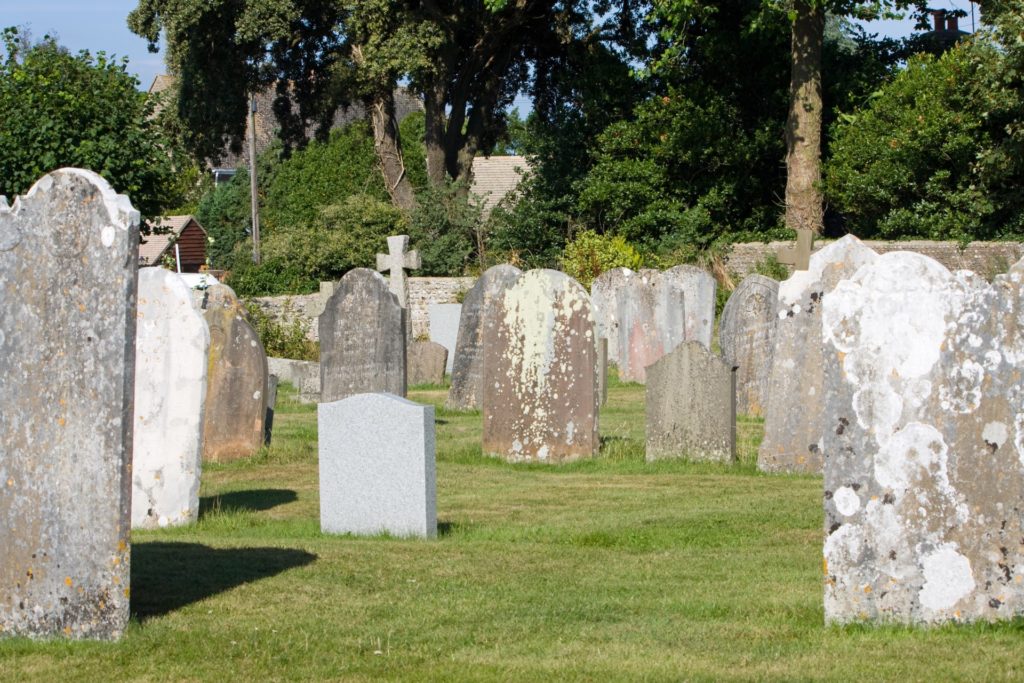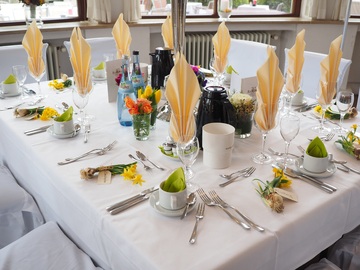Weddings can be bittersweet. There’s likely going to be a lot of happiness, and looking to the future; it can also be a day to remember loved ones who didn’t live to attend in body. Acknowledging those special people who passed on before your special day can help transform any sadness or grief you might be feeling. This post will include several suggestions for doing this.

“Beloved dead” vs “ancestors”
For the purposes of this post, the phrase “beloved dead” is specifically intended to mean people whom you shared a relationship close enough to experience love, and who are now deceased. This is in contrast to “ancestors,” a term that for this post is defined as those people to whom you have ties of blood or inspiration, and who died before you were born.
There are ancestor veneration practices in every culture. I maintain an ancestor practice, and many of the suggestions here could be used for people in either category. The difference is that since we knew our beloved dead in life, those relationships still carry emotions from that life together. A relationship with someone you never knew in life just hits different. It might be appropriate to honor one or more ancestors, too.
Set a seat at the table

You can reserve a seat for a deceased love one—or more than one, as they don’t take up much space. Just drop a “reserved for ____” placard wherever you would like them to sit; I’ve also seen it suggested that in place a placard, you could hang one of their jackets over the chair. This is also possible for the reception, but check with your caterer to find out if this will incur charges, and budget accordingly.
Remember them in the program

Write a dedication to someone you wish could have been there in person. It can be as simple as listing a name or names under the heading of “in loving memory,” but you could also include a brief quote or anecdote or picture, if that feels right.
Ask them to attend
I’ve had clients who asked me to specifically invite the attendance of a departed family member, before moving into the bulk of the ceremony. Your beloved dead are probably going to be there in spirit either way, but it’s nice to be asked. If you want to take an extra step, address an invitation and leave it graveside.
Include a shrine

Create a small area with pictures or other memories of your beloved dead. This might be a photo board, or a small table upon which is placed items like a framed picture, lit candle, or personal possessions of the deceased. Depending on the layout of the venue, a procession can stop there to acknowledge the loved one, or it might be better sited to allow guests to interact before or after the ceremony. A minimalist version might be to wear or openly carry a locket containing the loved one’s image.
Your loved ones will be with you, today and always
Getting married after a loved one has passed away can bring up complex emotions. It’s sad to know that they won’t be there to see this happy day with their own eyes, but it might also be nice to know that that special someone would have been happy for you. If there is someone who will be on your mind as your take this important step, it’s okay to remember them on your wedding day. Do it publicly, if that feels right, or do it privately. How each of us remember, and how each of us grieve, is an individual journey. Just be true to yourself, your traditions, and the relationship you had with whoever can’t make it in body, and try to find comfort in how they might have enjoyed celebrating with you.
